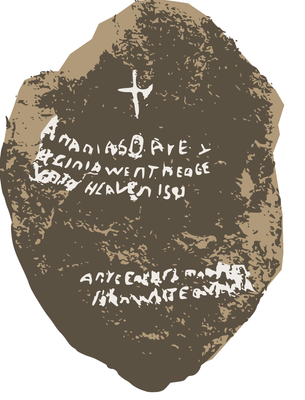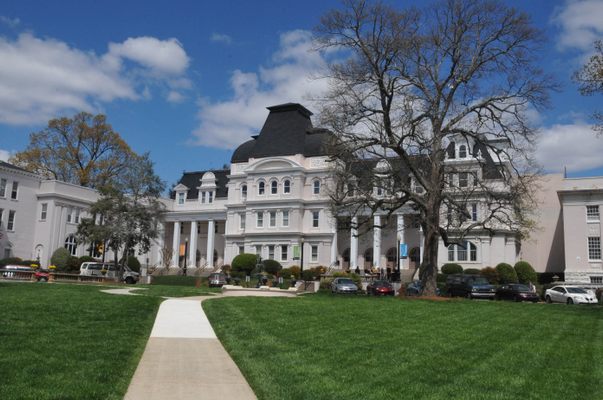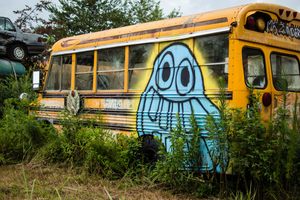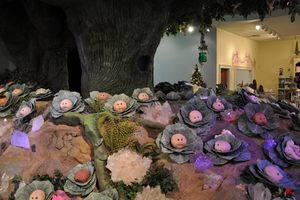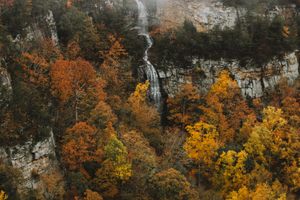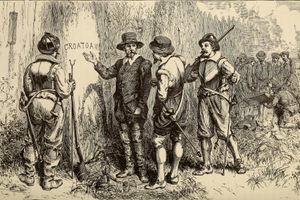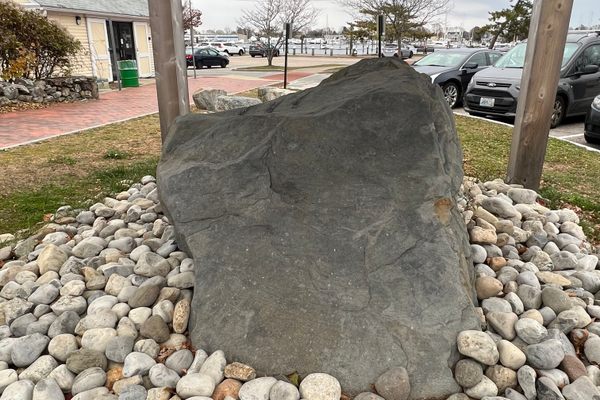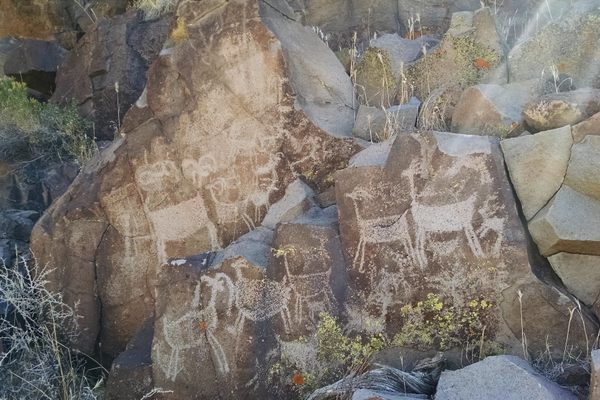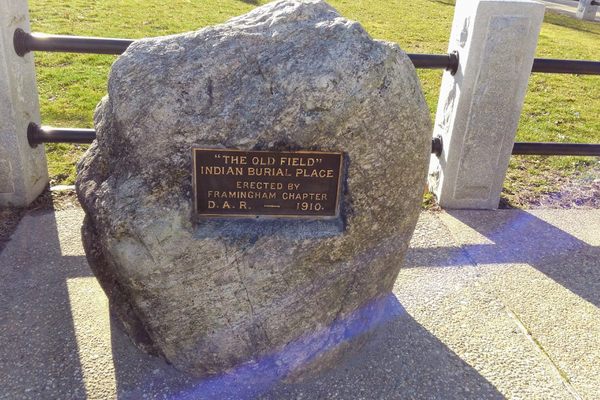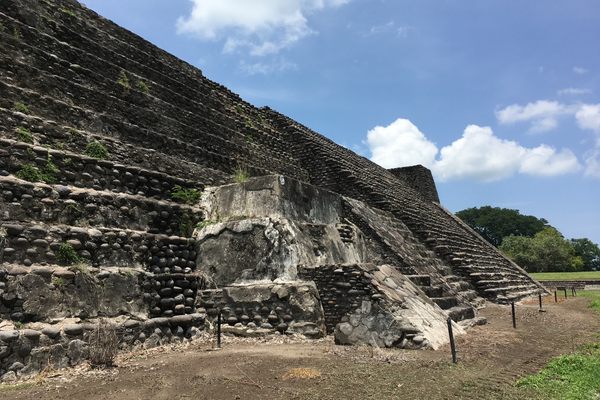About
In 1937, a California man found something unusual on his vacation. L.E. Hammond had been driving through a North Carolina swamp near the Chowan River when he saw a strange rock with peculiar inscriptions on it. They were signed by Eleanor White Dare, mother of Virginia Dare, the first English child born in the New World.
On one side, the stone describes how Eleanor's husband and daughter Elizabeth were killed in 1591. On the other, it tells how the colonists had moved inland and slowly died off until only seven were left. The inscription also hinted that more information would come on further stones. The message was a shocking potential clue about the "Lost Colony" of Roanoke Island, North Carolina, the first English settlers in the United States, who were last seen in 1587 and whose fate has remained a mystery ever since.
After reading it, Hammond took the stone to Georgia's Emory University where he was sent to Haywood Pearce Jr., a history professor who was also vice president of Brenau University. Pearce Jr. was convinced the message was real, but Emory University was not. Pearce persuaded his father, the president of Brenau University, to buy the rock from Hammond for $1,000. The junior Pearce led the charge to find the other stones, offering a $500 reward, but came up empty-handed.
Then in 1940, a farmer in Georgia named Bill Eberhardt claimed to find the second stone, along with 13 other inscribed rocks. Over the years, he produced 42 stones in all, and was paid $2,000 for his finds. In 1941, a reporter named Boyden Sparkes working for the Saturday Evening Post published an expose proving why the Georgia stones found by Eberhardt were fake. The original stone from Chowan River, however, was never proven fake.
After the embarrassment of the expose, the Dare Stones were hidden in the basement for decades. Today, a few of the stones, including the original, are on display in the library at Brenau University.
Related Tags
Know Before You Go
A number of the Eberhardt stones are kept in the archive section of the library. Viewing the Chowan River stone requires a special appointment with the university president's office.
Published
November 21, 2018


